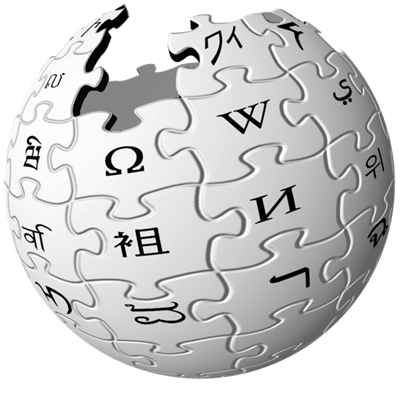 Haaretz reports on a recent Wikipedia Academy 2009 Conference, where several Israeli researchers claimed the encyclopedia was largely biased against Israel and lenient towards terrorism. Among examples pronounced by some speakers, were Wikipedia’s failure to label Hamas as terrorist group and continuous refusal of Wikipedia users and editors to identify Iranian President Mahmoud Ahmadinejad as Holocaust-denier, despite Ahmadinejad’s widely-known view of the matter.
Haaretz reports on a recent Wikipedia Academy 2009 Conference, where several Israeli researchers claimed the encyclopedia was largely biased against Israel and lenient towards terrorism. Among examples pronounced by some speakers, were Wikipedia’s failure to label Hamas as terrorist group and continuous refusal of Wikipedia users and editors to identify Iranian President Mahmoud Ahmadinejad as Holocaust-denier, despite Ahmadinejad’s widely-known view of the matter.
In demonstrating what he defined as problems, Eli Hacohen, the Institute’s director, showed how Hamas is not defined as a terrorist organization in the first paragraph describing the organization on the English site of the reader-edited online encyclopedia, which is the world’s fourth most popular Web site.
Hacohen also documented his attempts to define Iran’s president, Mahmoud Ahmadinejad, as a Holocaust-denier. Each time he included his remarks on Wikipedia, users and editors removed the reference – despite Ahmadinejad’s frequent and public Holocaust denials.
On a related entry, Hacohen also noted that Wikipedia defines David Irving – a known Holocaust denier – as a historian, although his credentials are recognized by no one but himself. Furthermore, the Wikipedia entry on January’s Operation Cast Lead in Gaza describes it as an “intense bombardment” by Israel on a civilian population.
Due to reasons cited above, regular online encyclopedias – such as Encarta or Britannica – will never run out of business, although Wiki may perhaps hurt them. While Wiki may possibly be enough for school or college students, it could not be used by serious researchers, because of powerlessness of users to hold writers accountable.
Present at the conference, was Sue Gardner – Wikipedia Foundation’s executive director – who expressed her feeling of being “quite comfortable” with source’s omissions and occasional biases:
“[Wikipedia] will never say anything as Wikipedia. It will only quote relatively well-respected sources, including other media. So it’s natural for Wikipedia to reflect public discourse as it fluctuates, and news is the first draft of history.”
From now on, you should remember – Wikipedia is far from perfect, if you plan on using it for serious work and should be taken in light of possible bias and inaccuracy.
[…] particularly for students and enthusiasts. However, you cannot use it for serious research – as I noted in the past. Ability of any user to alter Wiki articles make source’s information great in broad […]